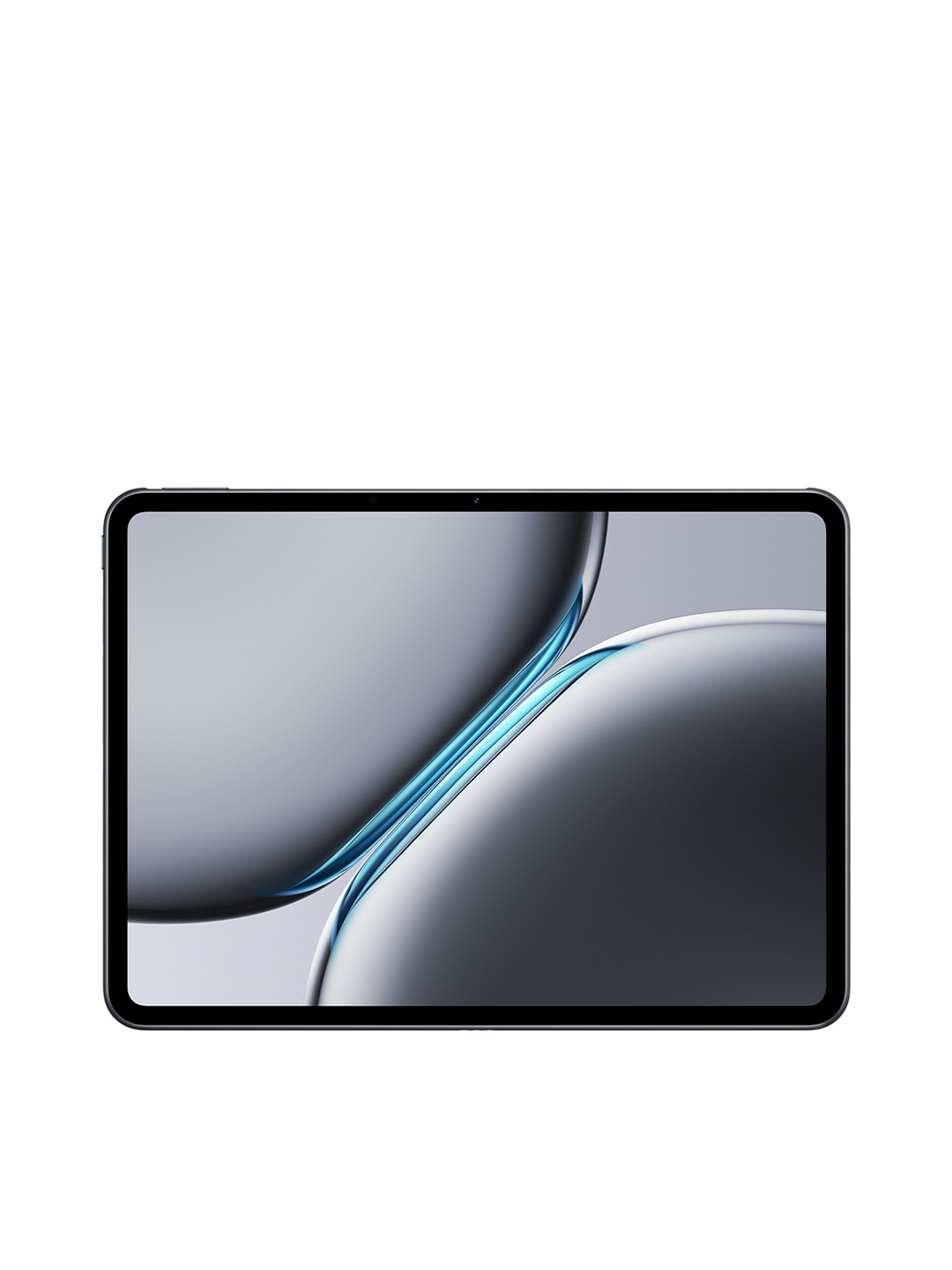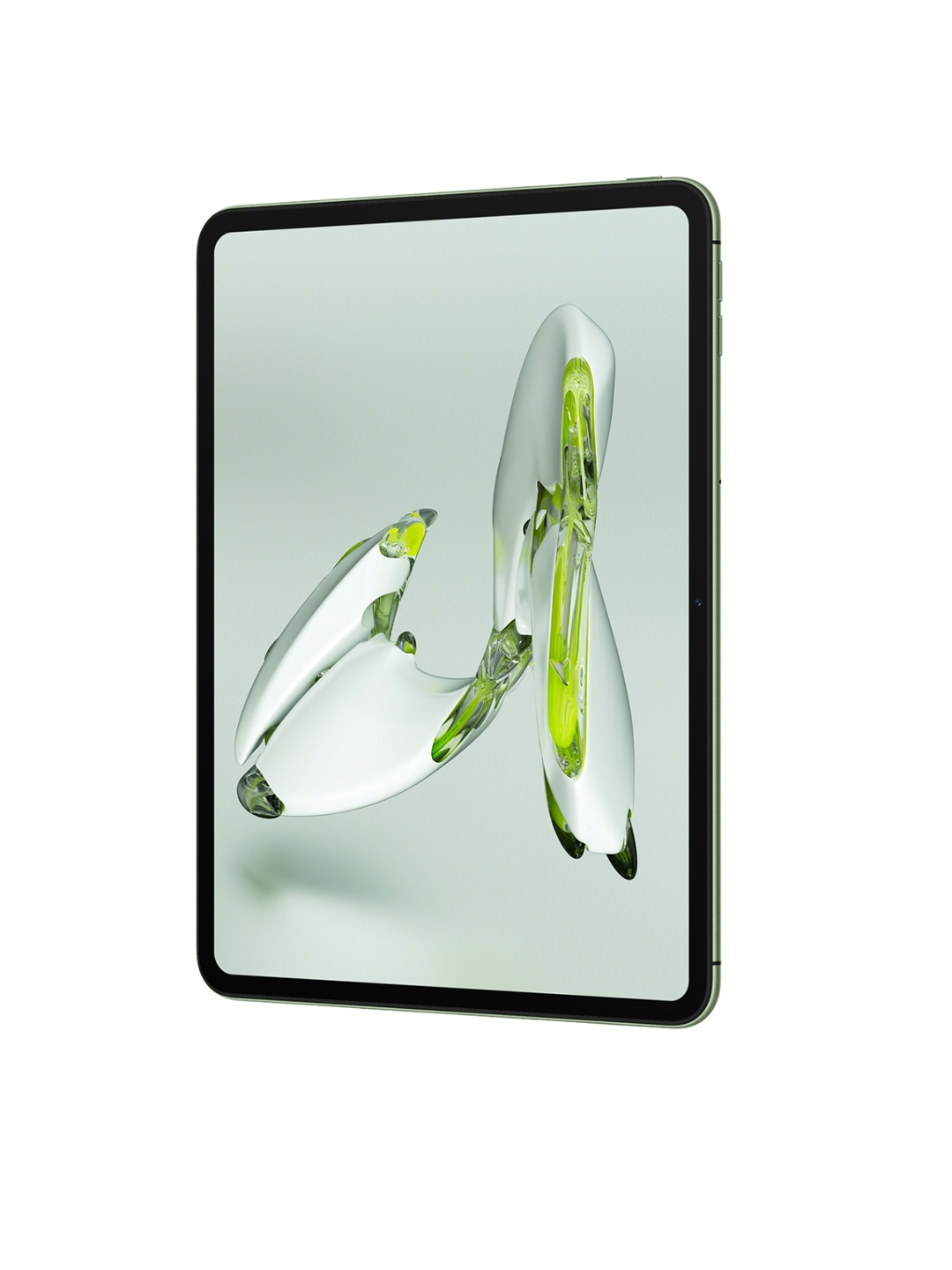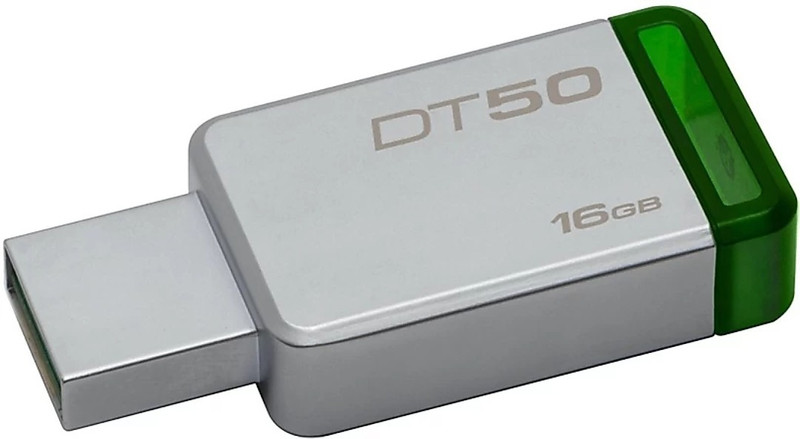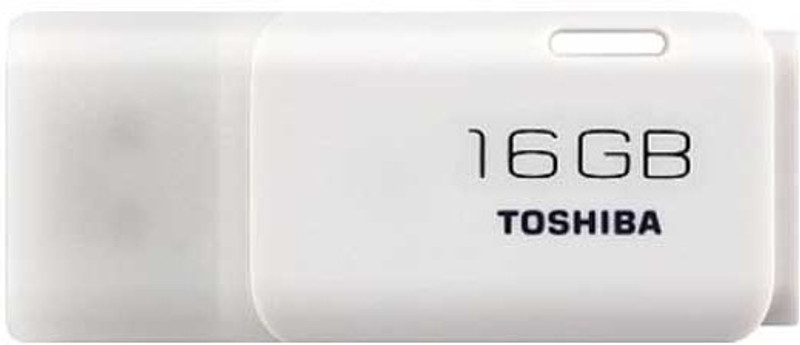How To Fix Bad-Tasting Coffee From The Coffee Machine?

Picture this: you've just woken up, the house is quiet, and the smell of freshly brewed coffee fills the air. But as you take that first sip, you're met with a taste that's anything but comforting. Instead of that smooth, rich flavour, your coffee tastes sour, watery, or worse like it's been sitting on the burner for hours. What happened? Why did your trusty coffee machine, once the source of your morning joy, suddenly let you down?
There are several reasons why your brew might taste off, and most of them have less to do with the coffee itself and more with how it's being brewed. But fear not with just a little troubleshooting and care, you can fix the problem and bring your cup of coffee back to its former glory. So, grab your mug, and let's get to work.
Also Read: How To Get The Perfect Brew: Top Tips To Choose A Coffee Maker That Suits All Your Mood
1. Old or Stale Coffee Beans
The most obvious culprit behind a bad cup of coffee is often the quality of the beans. Even the most expensive coffee machine can only do so much if it's working with subpar beans. Freshness is key. When coffee beans age, they lose their flavour, resulting in a dull, flat taste. That once-vibrant taste profile you loved is slowly replaced by something lacklustre.
If your coffee tastes flat or lacks depth, you might be dealing with beans that have been sitting around for too long. Ground coffee, in particular, loses its flavour more quickly than whole beans, so always grind just before brewing. Keep your beans in a cool, dark place, and aim to use them within a few weeks of opening. No one wants stale coffee, think of it as the equivalent of using last week's bread for a sandwich!
2. Incorrect Grind Size
We've all been there – trying to rush through our morning routine, not paying attention to the small details, like how finely or coarsely our coffee is ground. Believe it or not, the grind size can make a huge difference in how your coffee tastes. Too fine, and your coffee might turn out bitter; too coarse, and it could be weak and watery.
The grind size affects the extraction process. When the grounds are too fine, the water struggles to pass through them, leading to over-extraction. If the grind is too coarse, the water flows too quickly, under-extracting the coffee. You might end up with a brew that's either overpowering or watered down. So, make sure you're using the right grind for your brewing method: fine for espresso, medium for drip coffee, and coarse for French press. It's worth spending a little extra time perfecting this.
3. Dirty Coffee Machine
Yes, your coffee machine needs a little TLC too. Over time, oils from coffee beans build up inside your coffee maker, especially in the filter basket, the water reservoir, and around the brew head. These oils can go rancid, and when that happens, your coffee can take on a bitter, unpleasant taste.
To keep your machine in tip-top shape, make cleaning a regular habit. Depending on your machine's model, you'll want to clean out the coffee grounds after each use and run a few cycles of water through it regularly. Every month or so, consider giving your machine a deeper clean with a descaling solution to remove any mineral buildup from hard water. A fresh, clean machine can make all the difference in your cup!
4. Hard Water Issues
If you live in an area with hard water, your coffee may taste a little off even if you're using the best beans and the most advanced machine. Hard water, which contains high levels of calcium and magnesium, can build up inside your coffee maker over time. This scale can affect the brewing process and lead to a bitter, metallic flavour in your cup.
If you suspect hard water is the issue, try using filtered or bottled water instead. Many coffee machines also have water filters built in, so make sure yours is clean and functioning properly. It's a small change that can have a big impact on taste. Plus, it will help prolong the life of your coffee machine!
5. Water Temperature Matters
It's not just about the beans and the grind, the temperature of the water plays a huge role in how your coffee tastes. Water that's too hot (above 96°C) can extract undesirable bitter compounds from the coffee, while water that's too cold (below 90°C) can result in under-extraction, leaving your brew weak and flavourless.
The ideal brewing temperature is somewhere between 90°C and 96°C. If your coffee machine doesn't have precise temperature control, aim for just under boiling. You can experiment with your machine's settings or use a thermometer to measure the water temperature, but most modern coffee makers will do a decent job of regulating this automatically. Getting the temperature just right is key for bringing out the full flavour of your beans.
6. Too Much or Too Little Coffee
Everyone has their own preference when it comes to the strength of coffee, but using the wrong ratio of coffee to water can throw off the flavour balance. Too little coffee can make your brew taste weak, watery, and lack any real depth. On the other hand, too much coffee can result in an overpowering, overly bitter cup.
The standard recommendation is one to two tablespoons of coffee per six ounces of water, but don't be afraid to adjust this depending on your taste. If your coffee is too weak, try increasing the amount of coffee, or decreasing it if it's too strong. Many coffee machines now come with measurements to help you get the right balance, but at the end of the day, your personal taste will be your best guide.
7. Brewing Time
Just like with the grind size, the time your coffee spends brewing is another factor that can make or break your cup. If you're brewing coffee for too long, you'll extract too many bitter compounds, resulting in a sharp, unpleasant flavour. On the other hand, if the brewing time is too short, your coffee might taste underdeveloped and weak.
For drip coffee makers, the brewing time usually ranges from five to six minutes, while espresso is brewed in about 20 to 30 seconds. The brewing time will vary depending on the method you're using, but it's essential to make sure your machine isn't under or over-brewing your coffee. A well-timed brew ensures the right balance of flavour, making sure you get the most out of your coffee grounds.
8. Brewed Coffee Sitting Too Long
We've all been guilty of brewing a pot of coffee, only to get distracted and leave it sitting there for hours. Unfortunately, coffee doesn't stay fresh forever. As soon as your coffee is brewed, it starts to lose its flavour and begin to degrade. If you leave your coffee on the hot plate for too long, it can take on a burnt, bitter taste.
To avoid this, try to brew only as much coffee as you plan to drink. If you have leftovers, store them in an airtight container and refrigerate them for later use. Or, if you're someone who needs their coffee fixed in bulk, consider investing in a thermal carafe to keep your coffee warm without overheating it.
Explore Products Related To This Article
1. Inalsa Cafe Max 5 Cup (0.6L) 650-Watt Coffee Maker with Anti Drip and Keep Warm Function
2. Black & Decker BXCM1201IN_ 12 Cups Coffee Maker
3. HAVELLS Drip Cafe N 6 6 Cups Coffee Maker
4. Preethi Dripcafe CM 208 6 cups Coffee Maker
5. WONDERCHEF Regalia Brew Coffee Maker
6. Aeropress Travel Go 3 Cups Coffee Maker
7. Kent Coffee Bean Grinder 150W|Burr Grinding System Maintains Flavour&Aroma 2 Cups Coffee Maker
A great cup of coffee should be a comforting experience, not a disappointing one. If your brew tastes off, it's likely due to one or more factors that are easy to fix with a little knowledge and care. Whether it's stale beans, hard water, or a dirty machine, each issue is solvable, and the solution can make all the difference in the world. So, take a few minutes to assess your brewing process and experiment with these fixes – your next cup might just be your best one yet. Because let's face it, there's nothing quite like the perfect cup of coffee to start the day on the right note.
Disclaimer: The images used in this article are for illustration purpose only. They may not be an exact representation of the products, categories and brands listed in this article.






























